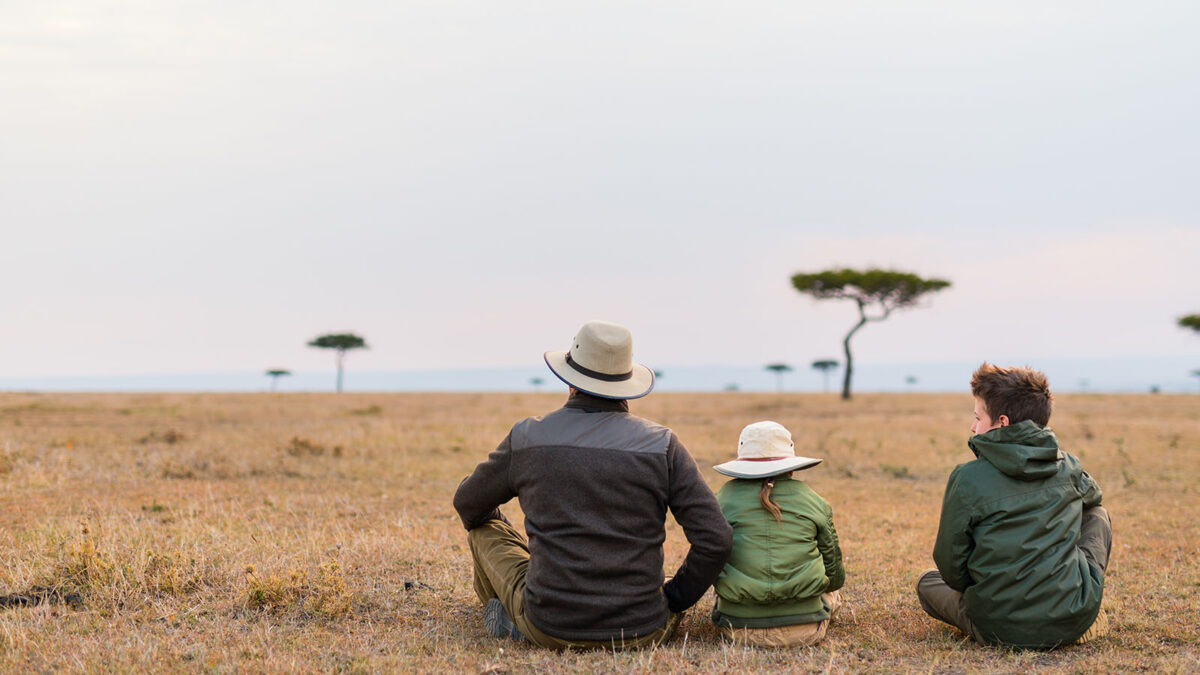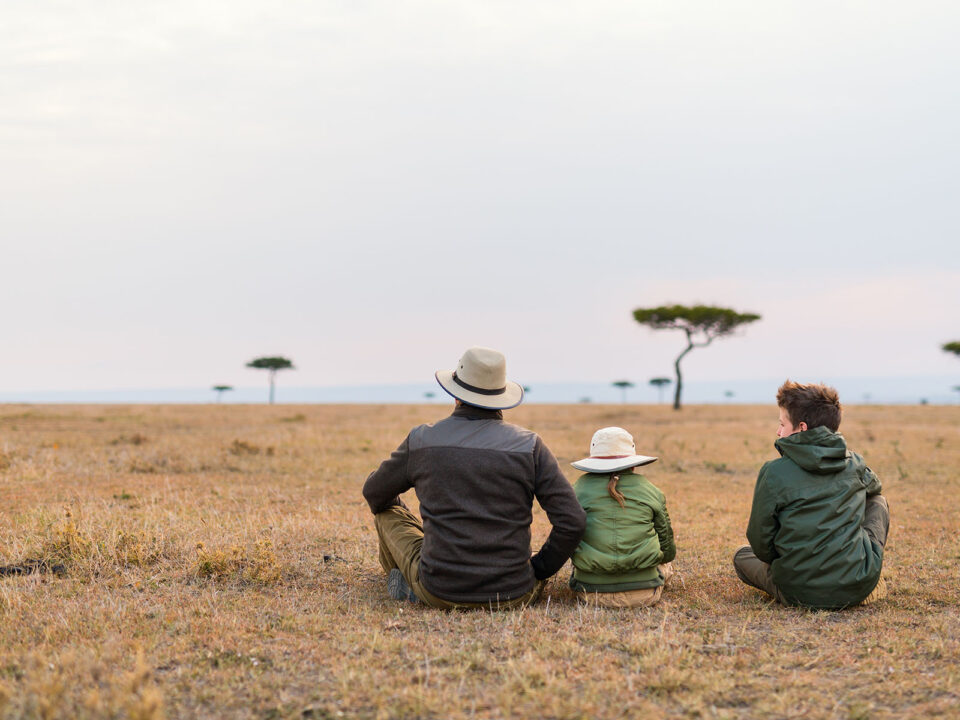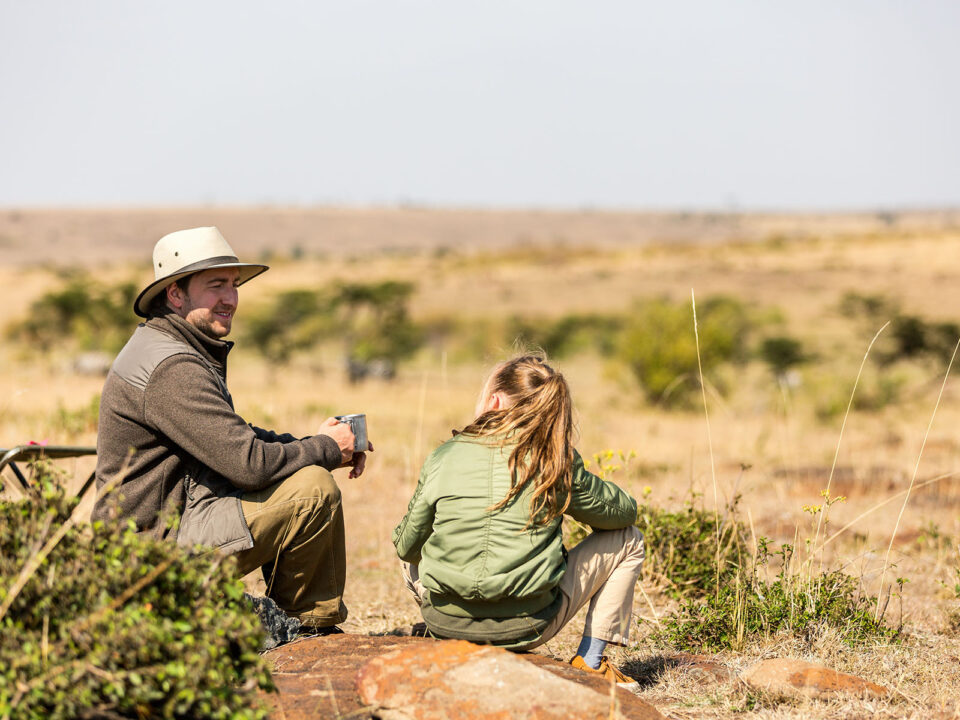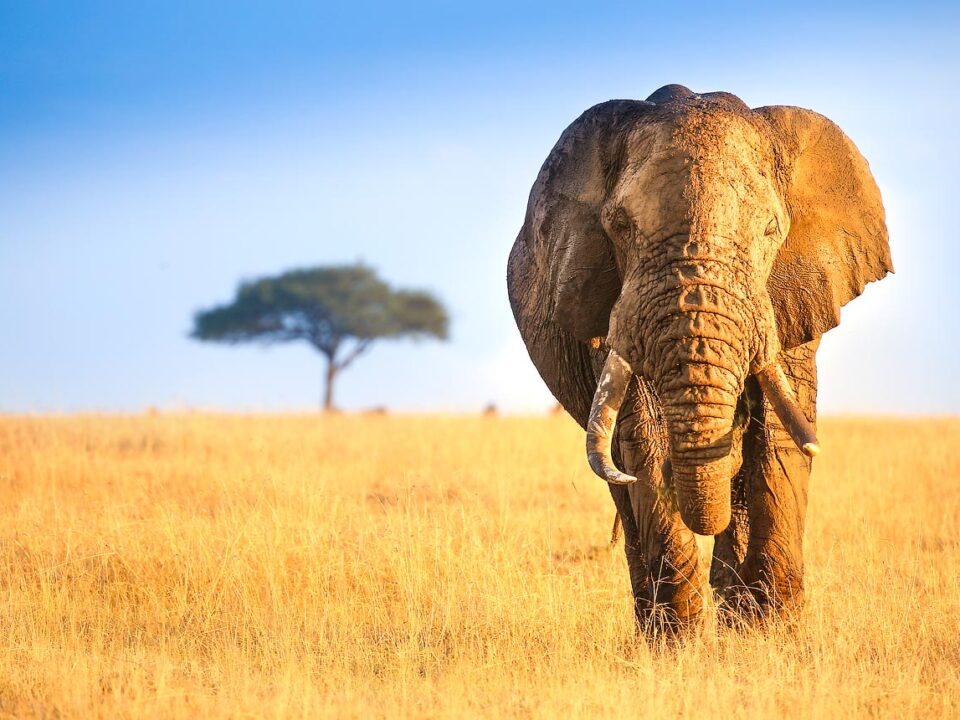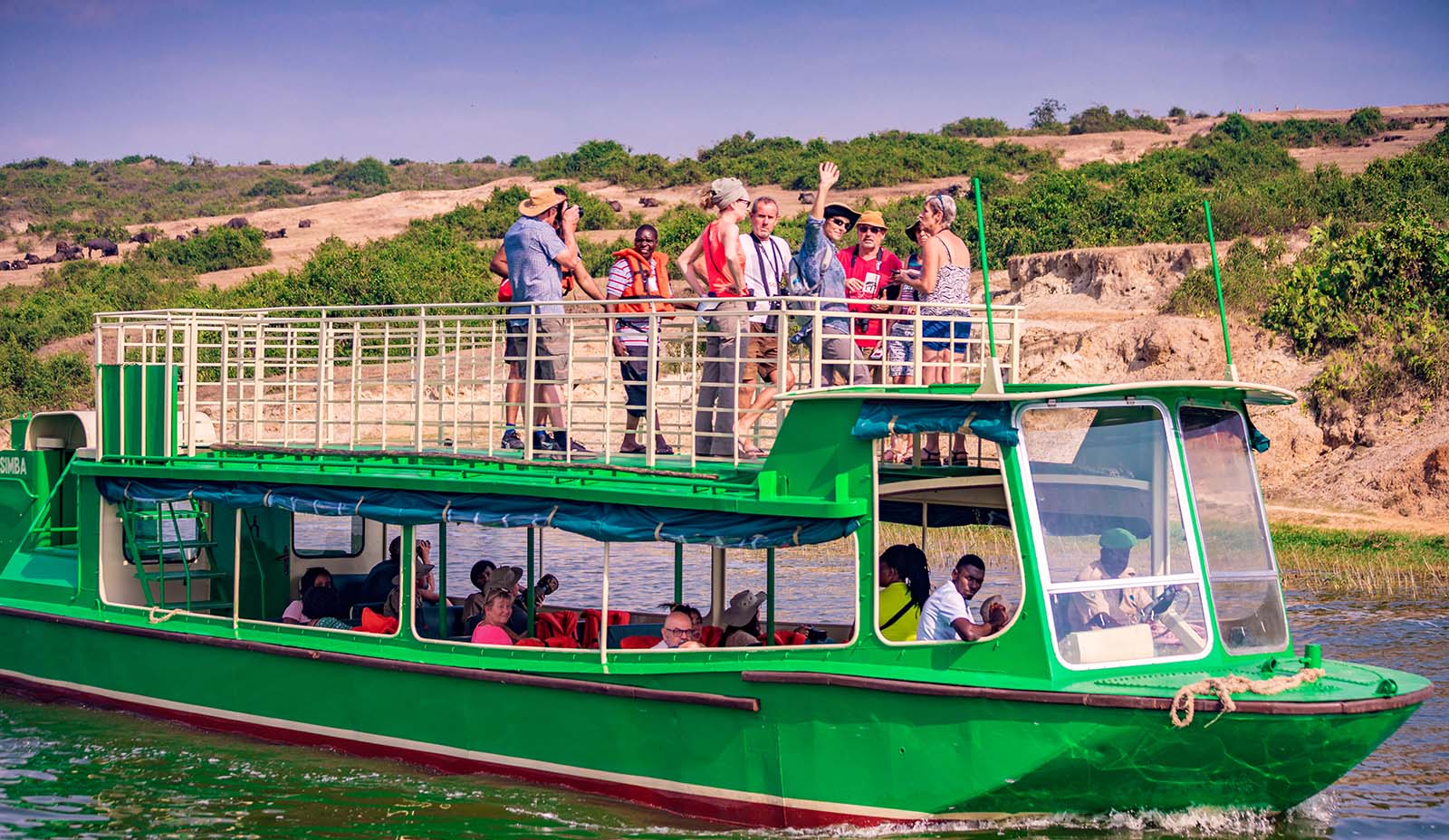
Common Mistakes To Avoid When Planning a Group Safari
April 24, 2023
Mistakes To Avoid When Planning a Hiking Trip To the Rwenzori Mountains
April 26, 2023Common Mistakes To Avoid When Planning A Family Safari
Planning a family safari to Africa can be a daunting task, but with careful planning and preparation, it can be an unforgettable experience for the whole family. One of the most common mistakes is underestimating the impact of long travel times and jet lag on children. It is important to plan for rest periods and choose accommodations that cater to families.
Another mistake is not involving the children in the planning process. It’s important to get their input on what they want to see and do on the safari. This can help keep them engaged and interested throughout the trip.
Choosing the wrong time of year to go on a family safari can also be a costly mistake. The summer months in Africa can be crowded and expensive, so it’s important to plan well in advance and work with a local operator who knows the best times to visit and can provide guidance on seasonal events and activities.
Finally, failing to pack the right gear and clothing can also put a damper on the trip. Be sure to pack comfortable and practical clothing for safari activities, including closed-toe shoes, sunscreen, hats, and insect repellent.
By avoiding these common mistakes and working with a trusted local operator, you can ensure a successful and unforgettable family safari in Africa.
Not Working with a Travel Professional
Planning a family safari can be a daunting task, especially if you try to do it all on your own. Although there is plenty of information available online, you can save time and avoid common mistakes by working with a travel professional.
A typical safari can take anywhere from 20 to 90 hours of planning, which can be overwhelming for most people. Add to that the complexity of visas, vaccines, transportation, and lodging, and you may quickly find yourself in over your head. That’s why it’s essential to work with a local tour operator who has the experience and connections to ensure a successful family safari.
A travel professional can help you navigate the logistics and avoid common mistakes that could ruin your trip. They have relationships with local properties and guides, which means you’ll have access to exclusive resources that aren’t available to the public. By working with a tour operator, you’ll also have peace of mind knowing that they are taking care of all the details, so you can focus on enjoying your family safari.
So if you’re planning a family safari to Africa, don’t make the mistake of doing it all on your own. Work with a travel professional who can help you plan a memorable and stress-free journey.
Reserving the Wrong Accommodation
Planning a family safari requires careful consideration, and one of the common mistakes many travelers make is selecting the wrong lodging properties. Your choice of accommodations can make or break your entire family experience during the trip. Therefore, it’s crucial to select suitable properties that cater to the comfort, safety, and entertainment of every family member.
Once you’ve decided on your travel destinations, work with your tour operator to recommend suitable lodging properties that meet the specific needs of your family. Look out for features such as family rooms with multiple bedrooms, fenced camps, and common areas where the whole family can bond.
Children’s activities are also crucial in keeping the kids engaged while the adults explore child-restricted activities. Private villas and cottages offer multi-generational families unique guest treatments, privacy, and comfort under one roof, making them a great option for family safaris.
It’s a common mistake to assume that all properties will not charge for children or reduce room prices for them. Before making a reservation, ensure you understand the pricing policy of your preferred lodging property to avoid any surprises.
Choosing the right accommodations for your family safari can significantly impact your experience. So, it’s essential to work with your tour operator to select suitable properties that cater to the unique needs of your family.
Not Considering Family Safari Age Restrictions.
When planning a family safari, it is crucial to consider age restrictions that many safari camps and lodges have in place. Age restrictions vary from 5 to 12 years, and while some properties offer free accommodation for children younger than six years, others have incredible options for all ages.
Choosing a property solely because it’s all-inclusive for a family safari is a mistake you should avoid. Some activities, such as gorilla trekking, chimpanzee tracking, and canoeing, may not be suitable for younger children. It’s best to take children above the age of six or eight for a safari, where they can have more meaningful interactions with guides and spend more time on game drives.
If you’re traveling with teenagers, you will encounter fewer age restrictions, but it’s always advisable to ask your tour operator in advance. Many lodges offer free accommodation for children under six, provided they share a room with an adult, and some camps offer special rates for children under sixteen sharing a room.
Remember, not considering age restrictions can lead to disappointment and a ruined experience, but with proper planning, a family safari can be an unforgettable experience for everyone.
Not Planning the length of the Trip Suitable for Kids.
Don’t make the mistake of underestimating the length of your family safari. It’s important to give yourselves enough time to fully enjoy the experience without feeling rushed. Keep in mind that traveling to Africa can be a long journey, and you may have to do some long-distance driving between destinations.
A typical family safari usually lasts between 7 to 14 days, depending on your preferred activities and destinations. It’s important to plan accordingly and not try to cram too much into a short period. Rushing your trip could lead to missed opportunities and an overall unsatisfying experience for everyone.
One mistake that can also impact the length of your trip is not considering the best time to travel. The rainy season, for example, may not be the best time to plan a family safari. Research the best time to visit your selected destination and plan your trip accordingly to maximize your time there. Remember, a family safari is a once-in-a-lifetime experience that deserves to be savored and enjoyed to the fullest.
Traveling at the Wrong Time/ Season
Don’t let a poor choice of travel time ruin your family safari experience. Many travelers make the mistake of choosing the wrong time to travel, such as during the rainy season when activities are disrupted, and visibility is poor.
For the best game-viewing experience, plan your family safari during the dry season when the grass is short and visibility is good. In Kenya and Tanzania, the best months are approximately June to September and December to January. In Uganda and Rwanda, anytime other than the rainiest months of April and May is ideal.
If you’re looking for maximum game-viewing, February, March, September, and October are the best months for a family safari in Kenya and Tanzania. Don’t make the mistake of traveling at the wrong time and missing out on an unforgettable family safari experience.
Not Preparing the Whole Family for the Upcoming Experiences
A successful family safari experience requires the participation of all family members, especially children. Neglecting to engage them in the planning stages can result in a less enjoyable trip. It’s essential to involve everyone in the safari planning process.
Engage your children in discussions about the destination and what they should expect on the trip. Determine what style of exploring and embracing the wilderness would work for them. Learn what they know about Africa, the people, cultures, and animals. Explain the difference between watching animals in the zoo and on safari, and educate them on how they should behave when they encounter them.
Creating a checklist of animals and activities can help your children get excited about researching and preparing for the trip. Before embarking on the journey, watch movies or read books about Africa and safaris to keep their minds occupied during the long flights.
Avoid the mistake of waiting until the last minute to start packing. Ensure that all necessary items, including insect repellent, sunscreen, and appropriate clothing, are included in the packing list. By involving the whole family in the preparation process, everyone can have a memorable and enjoyable family safari experience.
Not preparing for your luggage
Don’t make the mistake of overpacking for your family safari in Africa. Proper packing is crucial to ensure a comfortable and enjoyable trip.
A few weeks before your trip, review your packing list and eliminate unnecessary items. Pack light but ensure you have everything your kids need, including their favorite electronic devices, books, games, and coloring materials.
For clothing, bring neutral-colored outfits and comfortable walking shoes for everyone. Each person should also bring a camera or phone and a pair of binoculars for observing wildlife. Older kids may enjoy keeping a journal of their experiences and tracking their animal sightings.
Leave bulky items like electronics at home and travel light to make airport transit and local transfers more manageable.
At Trek Africa Expeditions, we make planning a family safari in Africa stress-free and fun. Contact us today at info@trekafricatours.com to explore your best safari options with your kids. We’ve got you covered, so pack your bags and get ready for an unforgettable adventure!

